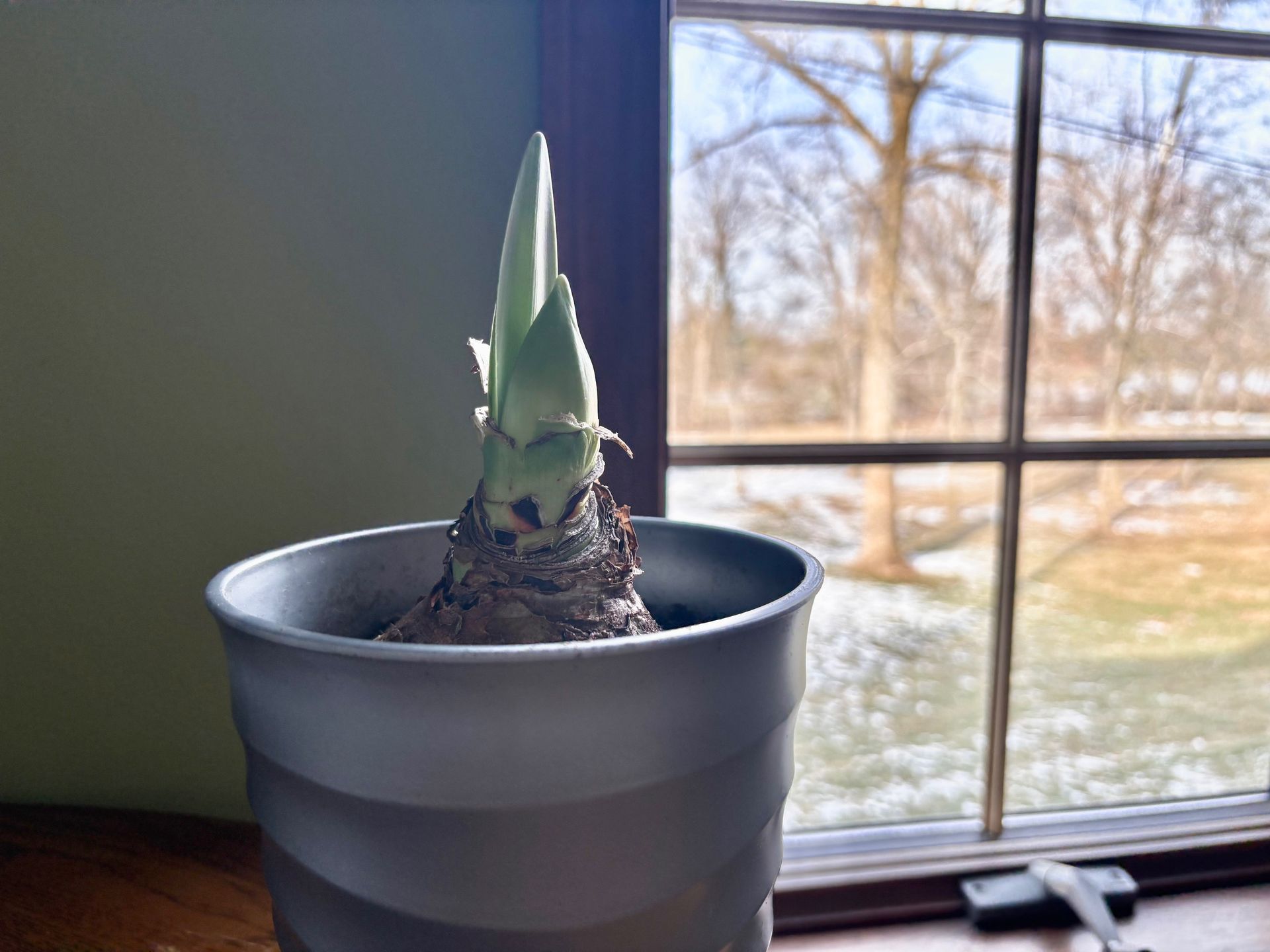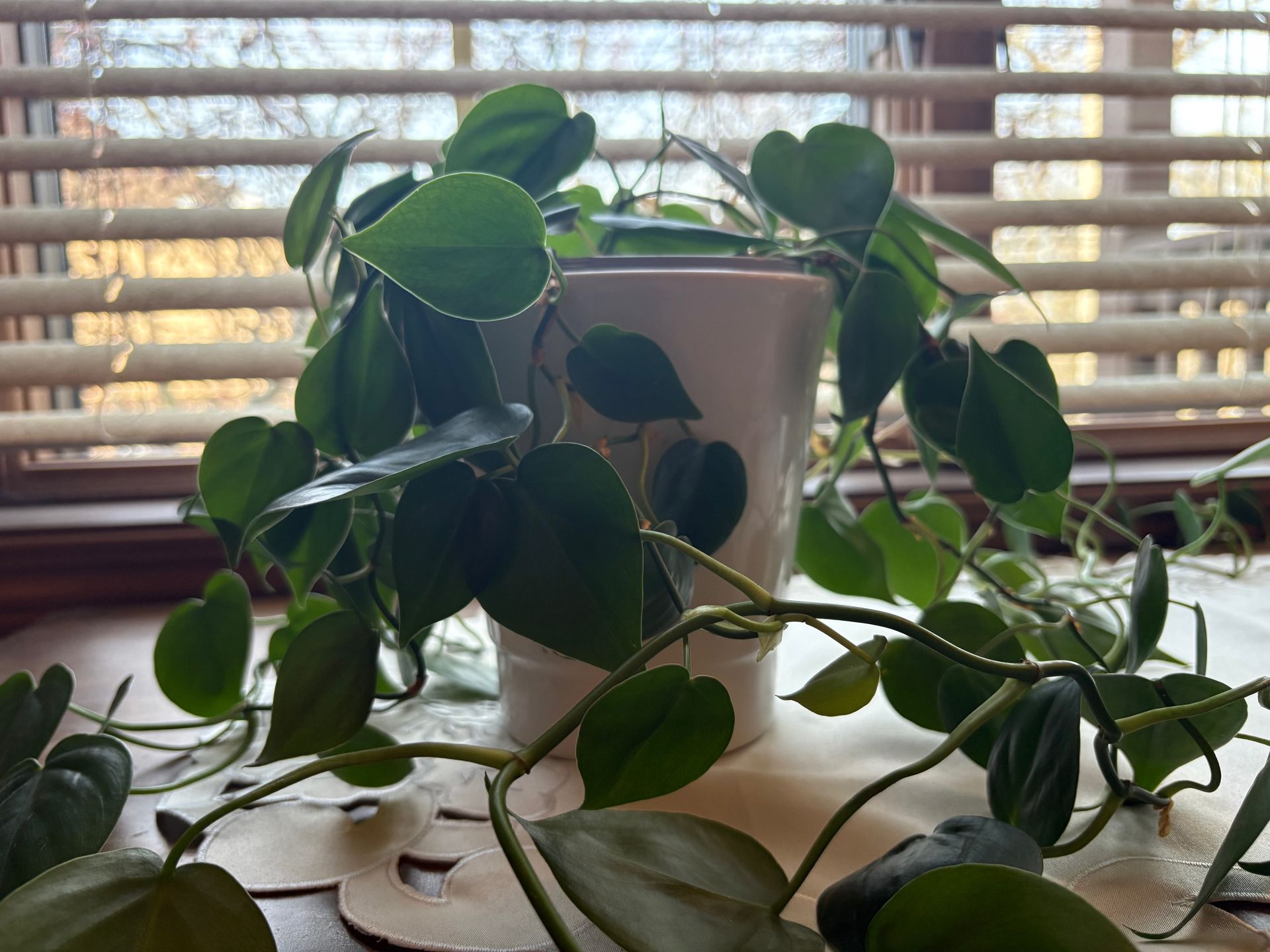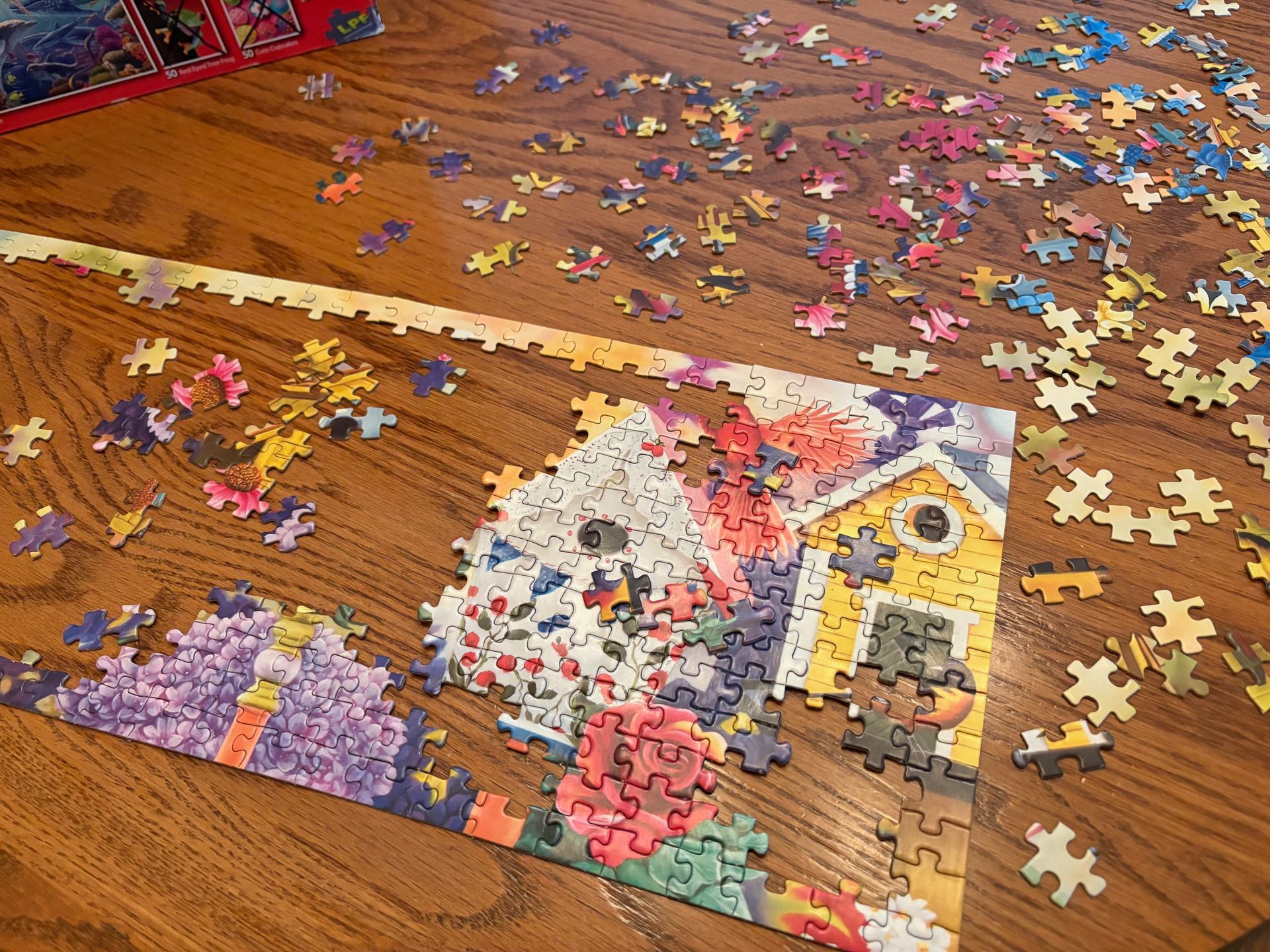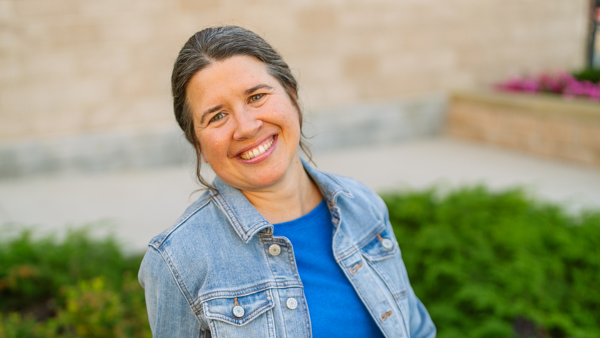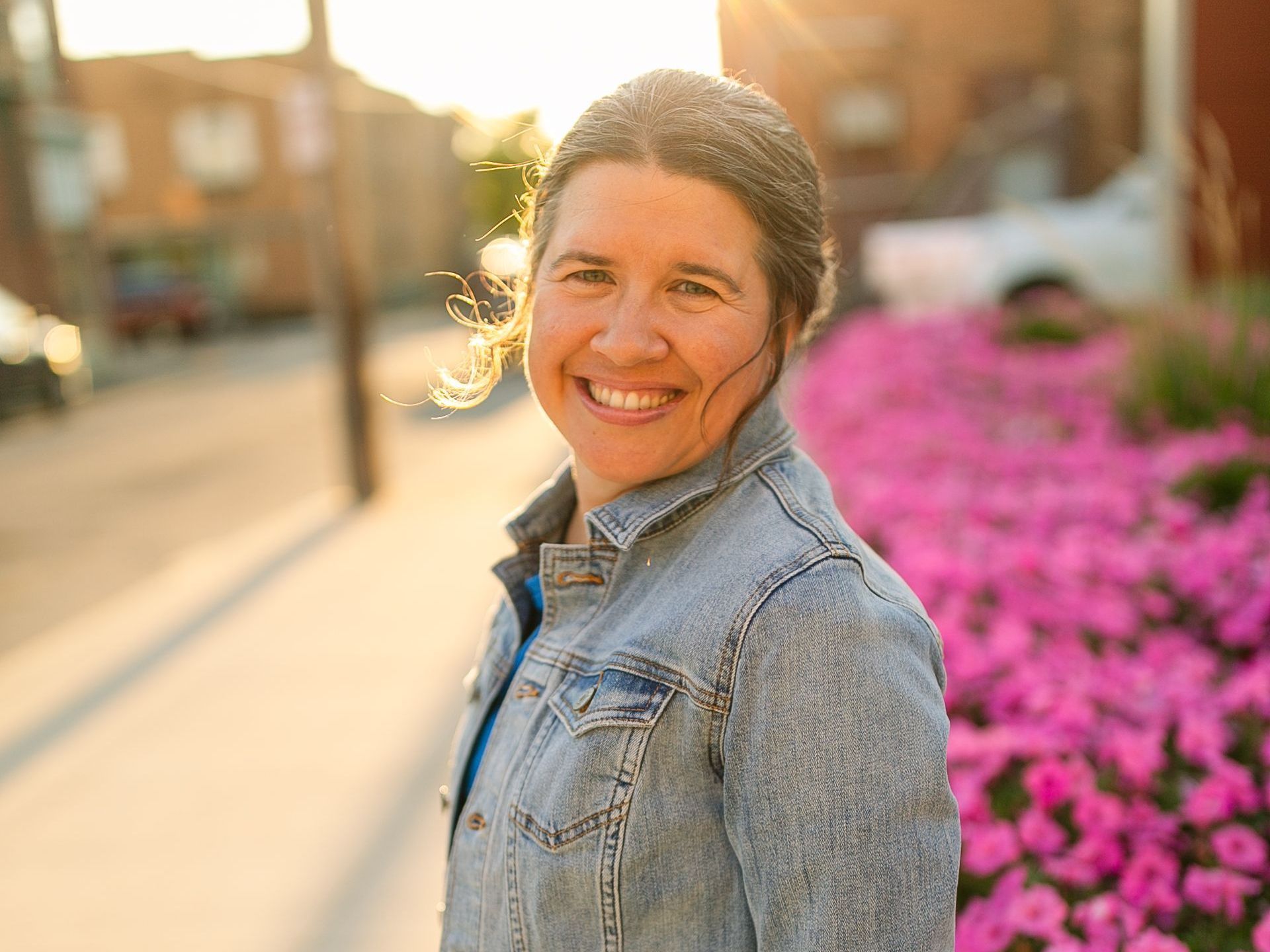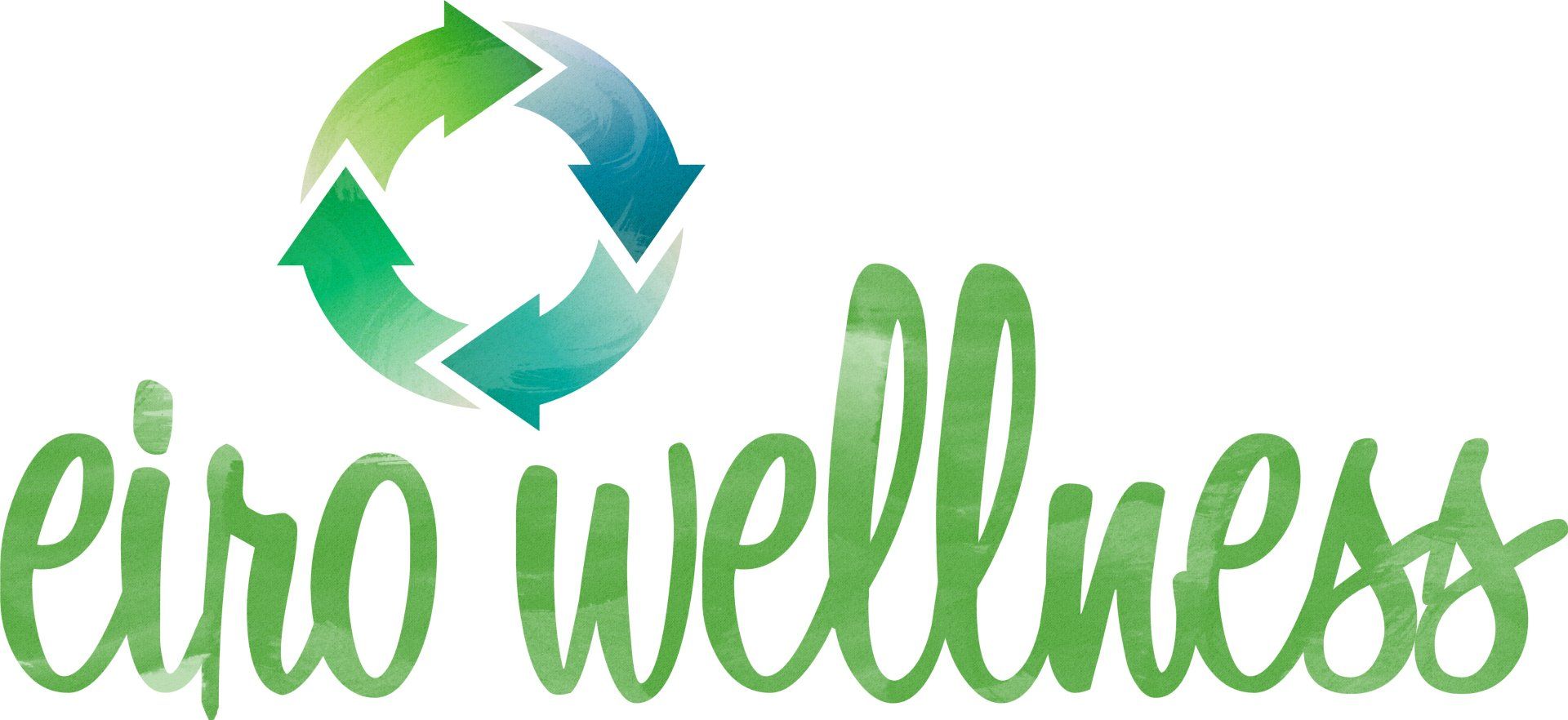From Overstimulated to Peaceful: How Lifestyle Choices Shape Your Emotions
Caffeine and I do not get along. Consuming a caffeinated beverage follows a predictable pattern for me. I become hyper and hysterical. First, everything is over-the-top funny or fearful and I talk twice as fast as normal. Then, I crash into the depths of despair, and I feel like I could cry for hours. After that, I want to sleep for a few more hours.
Understanding the Connection Between Lifestyle and Emotions
Obviously, my extreme response warrants me avoiding caffeine. It is a regular reminder to me that my lifestyle choices affect my emotions. And while you may not react to caffeine the way I do, most of us deal with daily lifestyle choices that impact our emotions.
For example, Insufficient sleep leaves us irritable the next day
- Too much sugar can leave us angry or sad.
- Caffeine can increase anxiety levels.
- Overbooked calendar leaves us feeling overwhelmed.
- Scrolling on social media makes us discontented and jealous.
Our lifestyle choices have a profound impact on our nervous system, which in turn influences our emotional state. The nervous system is the body's control center. It constantly takes information in from our environment and decides how we should respond.
Because of the constant demands of our culture along with chronic stress or past trauma that we experience, our nervous system can get stuck in “fight or flight” mode, producing extra cortisol and adrenaline. A fight or flight response, also known as our sympathetic nervous system, is crucial in an emergency or survival situation, but a long-term response depletes our body of the reserves needed to maintain emotional balance.
To compensate, we can choose activities that activate the “rest and digest” part of our nervous system instead to help us recover from the impact of fight or flight. The rest and digest, or parasympathetic nervous system, reduces cortisol and helps us to relax so our bodies can focus on healing. Spending time in nature, prioritizing sleep, and practicing deep breathing support the parasympathetic nervous system, reducing anxiety, and promoting a sense of calm.
God designed our bodies to be most balanced when we have rhythms of rest built into our life. The twenty-third Psalm says, “He makes me lie down in green pastures, he leads me beside quiet waters, he refreshes my soul. He guides me along the right paths for his name’s sake.” There are times when we need to step away from the noise and expectations of our culture to rest so we can be refreshed. Sometimes rest is sleep, but sometimes it is play, or spending time with friends, or doing something creative.
The Negative Effects of Overstimulation
Overstimulation occurs when the brain becomes overwhelmed with too much sensory input ranging from bright lights, noise, rapid changes in the environment, or excessive emotional demands from other people. This overloads the nervous system, making it difficult to process and respond appropriately. Additionally, multi-tasking, excessive demands, and the daily pressure of managing life can add to the overload on the nervous system.
Overstimulation can trigger a stress response, causing your body to release extra cortisol and adrenaline, sending you into fight, flight, or freeze. In fight or flight, you might find yourself more irritable or anxious. Your mind is racing, and you can’t settle down. In freeze, you may notice that you feel emotionally numb or apathetic and unmotivated.
To distract from the uncomfortable symptoms of fight, flight, or freeze, we often reach for more stimulation in the form of social media or other entertainment. This creates a vicious cycle in the body.
Women particularly, deal with the negative effect of overstimulation. There is the cultural pressure to “do it all”. To curate the perfect Instagram feed, to workout to have the perfect body, to make sure the kids don’t miss out on any opportunity, to perform to earn that promotion at work. The constant demands truly are overwhelming and overstimulating!
Cultivating a Lifestyle That Promotes Emotional Balance
There are several beginning steps you can take to reduce stimulation and create an environment that does not overwhelm the nervous system, so you can feel more emotionally balanced.
- Set household boundaries with technology. For example, no phones during mealtimes. No technology for 1-2 hours before bed. (Blue light from screens suppresses melatonin production, interfering with restful sleep.) Set a time limit on social media or gaming apps. Don’t check emails after you leave work. Dim the lights in the evening.
- Create intentional quiet time. Spend 30 minutes per day or 4 hours per weekend doing something that is restful and restorative. I talked more about this in my last blog post. This may be napping, but it could also be games as a family, taking a walk in nature, playing with a pet, reading a book or taking a bath.
- Prioritize self-care. You can’t take care of your family or meet reasonable expectations if you don’t first take care of yourself. Are you sleeping 7-8 hours per night? Do you eat 20-25 grams of protein with every meal? Are you getting moderate exercise 3-4 times per week if you default to fight or flight mode? Are you stretching daily and taking walks if you default to freeze mode? Are you limiting caffeine and drinking sufficient water?
I find that one of my biggest challenges with overstimulation as a Christian is to be still long enough to hear God. You too? It has been helpful to me to have a designated time and place to meet with God each day. I want this area to be free of distractions. I silence my phone so I am not interrupted.
One of the most powerful ways for me to reset my emotions after overstimulation is to rest in God. To stop my striving and allow His presence to calm and soothe me. Psalm 46:10 says, "Be still, and know that I am God." This verse encourages us to quiet our hearts from overstimulation and allow God to bring us peace and restore our emotions.
Trying to address the constant overstimulation in our lives can be overwhelming. We can’t avoid all stimulation, nor should we. Some stimulation is healthy. But when our mood and emotions are negatively impacted, we want to take steps to reduce the stimulation. Start with small steps. Don’t try to change everything at once. It is small consistent changes in lifestyle that bring peace and joy and improve our emotions.




